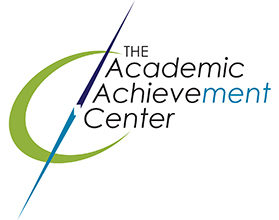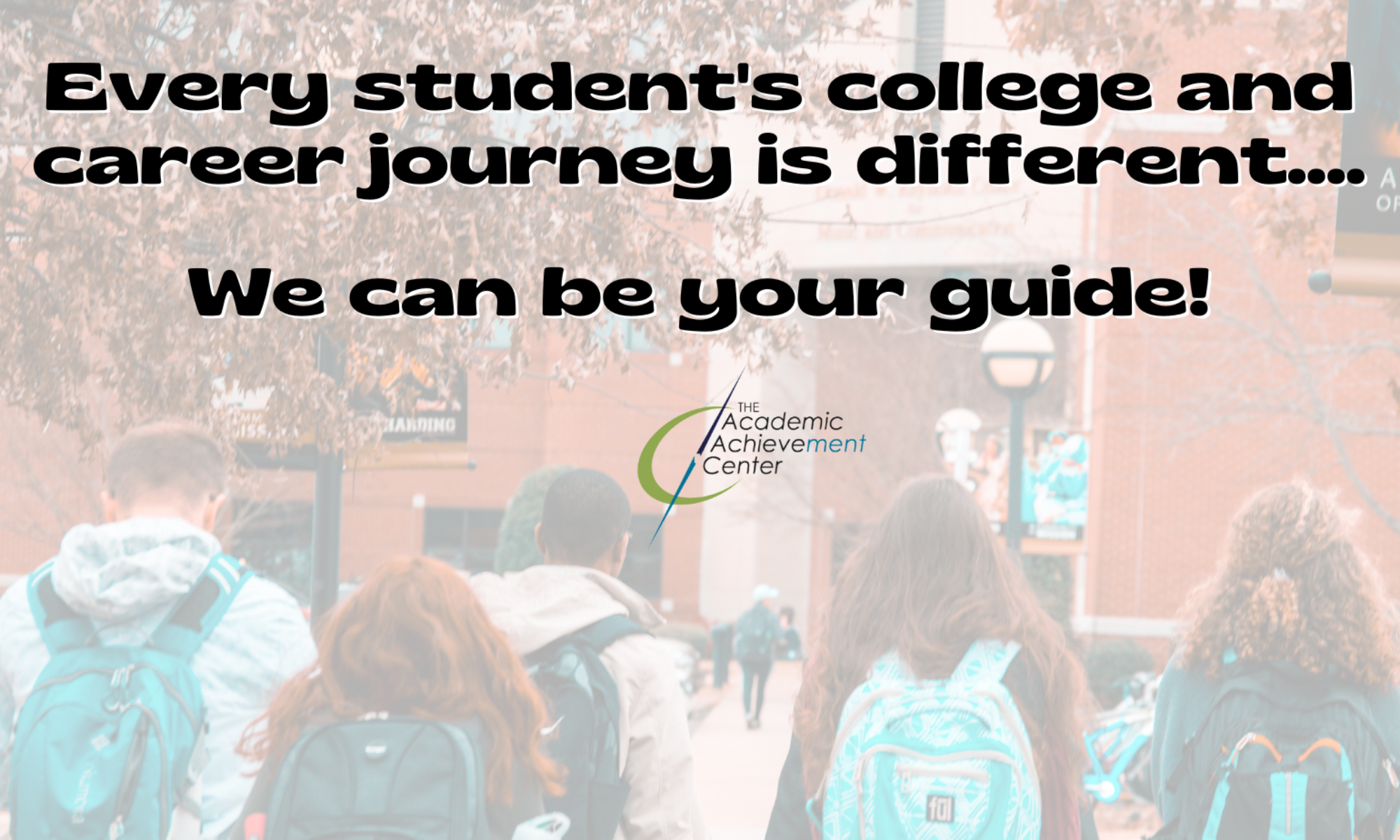More Worried than Sad about Your Student Transitioning to College?

I know the drill. Your son or daughter is getting ready to head off to college. You’ve been watching the stories posted on social media reminiscing about how fast the time has flown by. You’ve heard the other parents that have young adults getting ready to transition to college talk at length about how much they will miss their son or daughter. You want to relate, but instead the feeling you have is dread. Dread that your child won’t “make it”. Dread that they won’t get up and go to class without you there to provide the needed back up to their siren-like alarm clock. You’ve begun to wonder how they will get their work done without you there to remind them that they said they were going to begin their homework hours ago. There simply isn’t emotional space left to worry about missing them. Raising a child to be college ready is a struggle for most parents, but this becomes even more challenging when the student has a learning challenge, such as ADHD, Autism Spectrum Disorder, or any Specific Learning Disability.
With only a few weeks left until most colleges kick off freshman orientation, there is time left to help prepare your student for a successful year. Getting ready to transition to college successfully with a learning difference takes a little extra work. In addition to the typical back to school dorm shopping, there are a few extra steps that could make a real difference. First, if your student hasn’t yet registered with student disability services, now is the time. Have your student set up a meeting with disability services before the school year begins. Appointments will be tough to arrange once the year begins. If your student is open to it, go with them. Get a full understanding of the available help. Be there while your student completes disclosure forms to gain assistance. Be aware, your student may need an updated diagnostic evaluation in order to get the kind of accommodations (e.g. extended time on tests, note takers, audio books, livescribe pen, etc) they were receiving in high school. Be sure to call your student’s college to find out what they will need in order to get help.
Encourage your college student to treat the first week like a scavenger hunt. They should be translating all of their syllabi into a calendar system and visiting professors in office hours (to learn the location of the office, provide any evidence of accommodations they receive and just say “hi”). It’s a really good idea for a student with any kind of executive function challenges to create their own spreadsheets or tracking systems for their grades for each class. Before they head off to school, help them check to see what mandatory supplies they will need for their classes. If possible, I recommend that they have their books ahead of the beginning of a given semester.
In addition, I have been surprised in the past how many college freshmen don’t realize that they CAN drop classes. Have a conversation with your student before they head off to college about the drop/add policies at their school. Have them add these important dates to their calendars. Many students with executive function challenges have learned to “suck it up” and deal with courses that are not a good match for them. They essentially get really good digging themselves into holes. This strategy is not going to serve them well in college. Knowing their class standing ahead of a drop date could save their GPA and also important scholarship money.
Finally, be prepared for college to take an extra semester or two for your student with learning differences. Consider a lighter load first semester (e.g. 4 classes instead of 5), and be sure they have a couple of high interest classes in the beginning as well. They are more likely to be successful if they have a more manageable load. Keep in mind, they will be dealing with a great deal of changes and new possible distractions to manage. A few intentional steps can make this transition to college a more successful experience for you all.

